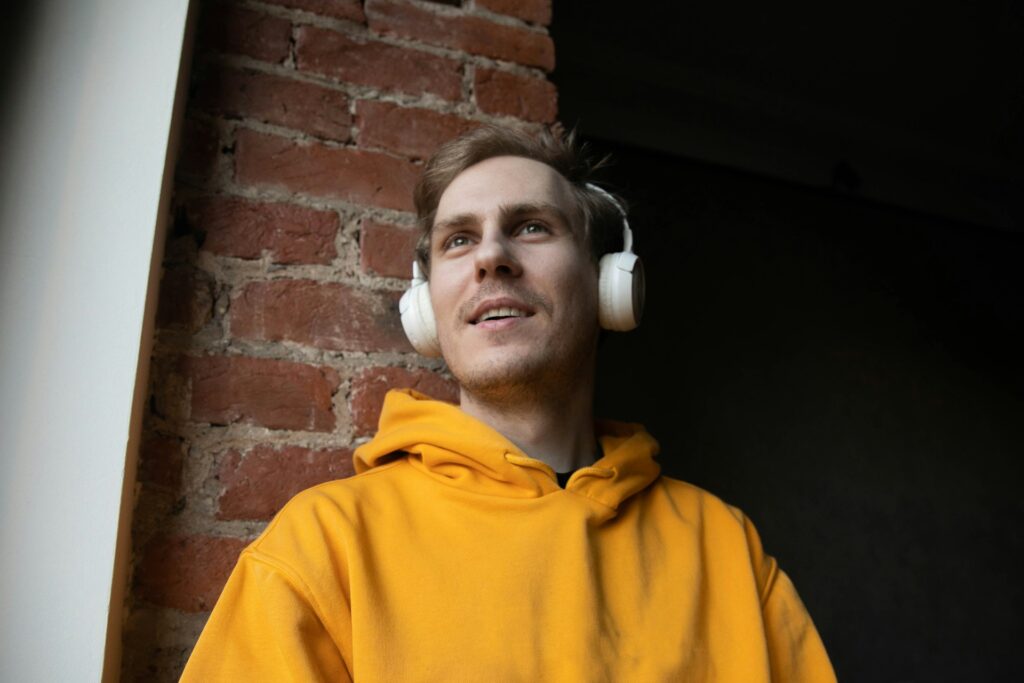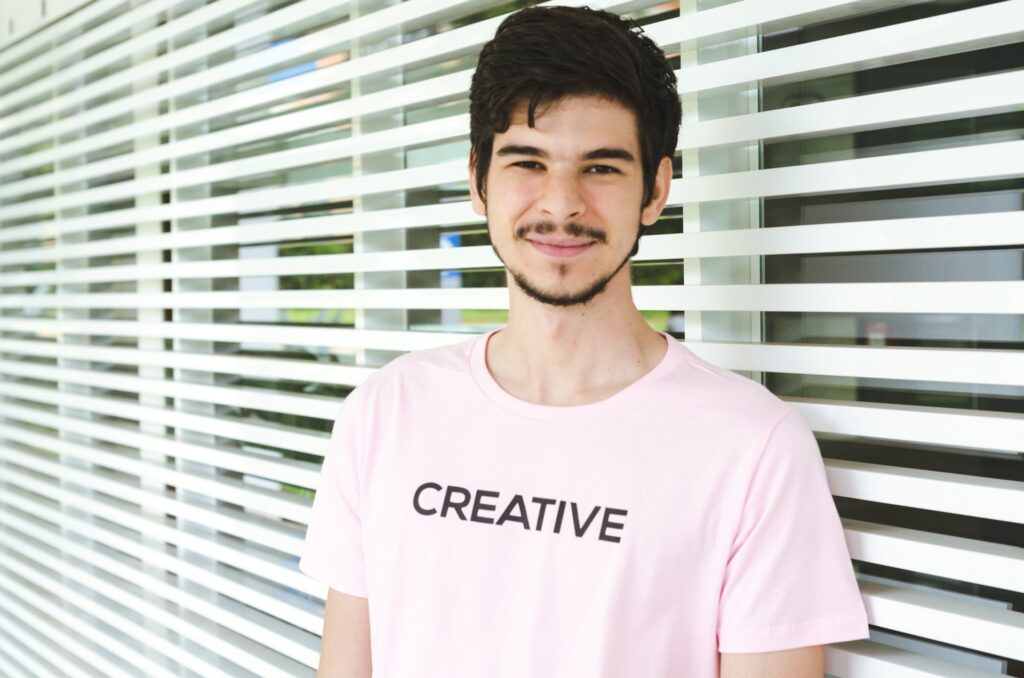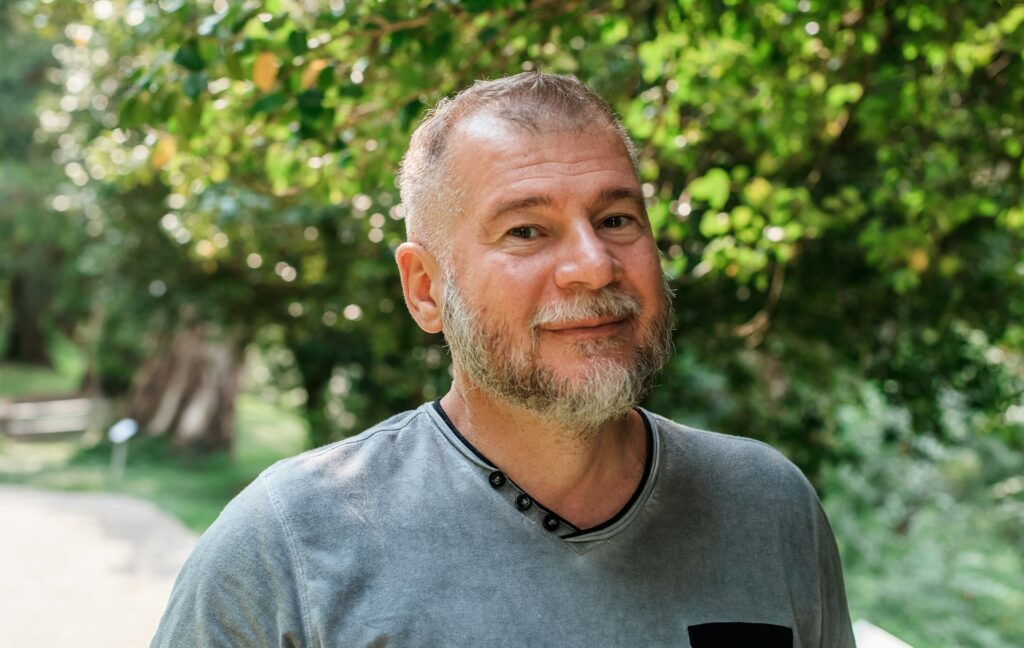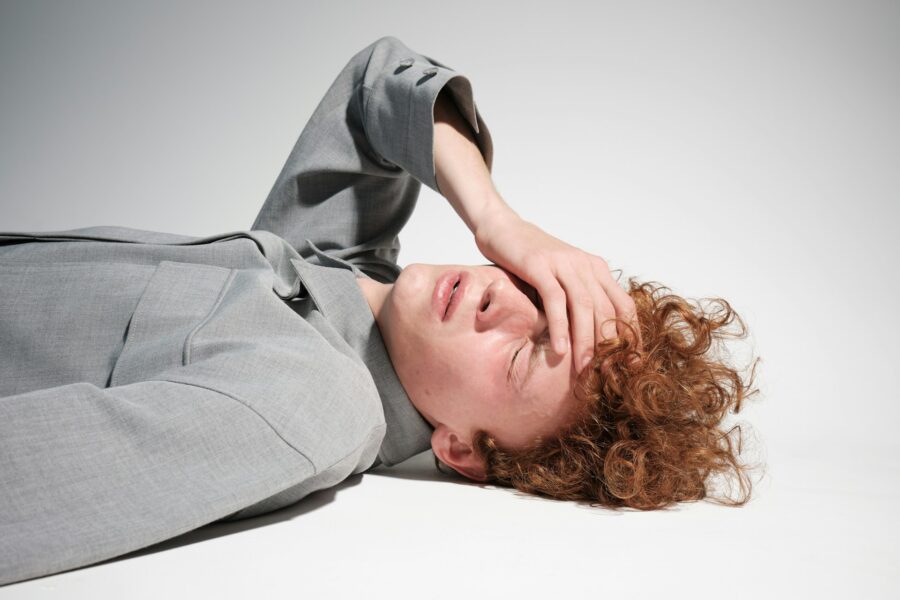Not every good day means your mental health is better.

Sometimes you’re just well-rested, the sun’s out, or your coffee actually hit right for once. However, there are also days when the lightness you feel isn’t random—it’s the result of subtle internal changes you might not have noticed. The difference between a temporary lift and real progress can be hard to spot, but it’s there. If you’re wondering whether you’re actually getting better, these signs can help you tell.
1. Your bad days don’t spiral the way they used to.

You still have low days, but they don’t feel like a black hole anymore. They pass quicker, and you don’t automatically assume the worst or let one thing ruin everything. That’s a real change. It shows your mind is learning how to self-soothe, hold perspective, or bounce back instead of sinking. That’s not to say that you never feel low, but you know what to do with it now.
2. You don’t overanalyse every single emotion.

When your mental health is fragile, you tend to overthink everything you feel. A bit of sadness becomes a red flag. A burst of anxiety feels like the start of a breakdown. However, when you’re healing, you start letting emotions come and go without attaching a big story to them. You feel what you feel, then carry on. That calm mental space is a surefire sign of growth.
3. You respond instead of reacting.

You’re not jumping to conclusions, snapping, or shutting down as quickly as before. You’re stopping, thinking, and choosing how to respond, even if it’s just taking a breath. That pause is huge. It means your nervous system isn’t constantly stuck in fight-or-flight. You’re not just surviving—you’re starting to feel steady enough to make choices instead of acting on impulse.
4. You’re less harsh with yourself when you mess up.

One big marker of better mental health is how you speak to yourself when things go wrong. If you’re less likely to call yourself names, spiral in shame, or relive every awkward moment—you’re making progress. You don’t have to be your biggest cheerleader yet. But if you’re offering yourself basic kindness, or at least not dragging yourself down, that’s something to hold onto.
5. You’re doing things without overthinking them.

When you’re not constantly stuck in your head, even small tasks get easier. You just make the call, send the email, or go out without needing to rehearse it 10 times first. That ease is a sign your anxiety is loosening its grip. You’re not second-guessing everything or trying to predict every outcome—you’re just living, a little more freely than before.
6. You can enjoy quiet moments without feeling restless.

Before, stillness may have made you feel uncomfortable. The silence felt empty, or like something bad must be around the corner. Now, maybe you’re starting to feel a bit more at peace in the calm. Enjoying quiet doesn’t mean you’ve “fixed” everything—it just means your brain isn’t constantly bracing for chaos. That’s a sign of real safety building from the inside out.
7. You’re catching negative thoughts before they take over.

You still have the odd intrusive or self-critical thought, but now you notice it instead of believing it straight away. That awareness creates space to challenge or redirect the spiral. This is what mental strength often looks like in real life. Not the absence of struggle, but the ability to spot it and not let it define your whole day.
8. You’re reaching out without guilt or overexplanation.

It’s easier to check in with people, ask for help, or just be honest without apologising for your existence. That kind of ease around connection is often a sign that shame is losing its grip. You’re no longer explaining yourself to prove you’re worth someone’s time. You just know you are, and that’s pretty powerful.
9. You’re not chasing chaos or numbing out like you used to.

Maybe you’re not drinking to escape, staying constantly busy, or picking fights for distraction the way you once did. You’re not trying to avoid your emotions—you’re actually letting yourself feel them. That’s a subtle but deep change. It means your nervous system trusts that it can handle feelings without needing to shut them off or stir things up just to feel something.
10. You don’t constantly dread tomorrow.

You might not be jumping out of bed every morning, but you’re also not waking up with that heavy feeling of “I can’t do this” every day anymore. Some days might even feel kind of… okay. That change in baseline—where the future doesn’t automatically feel like a threat—is often a big, quiet sign that something in you is starting to believe things can get better.
11. You’ve stopped needing a good reason to enjoy yourself.

You no longer have to earn joy or justify rest. You let yourself laugh, take a break, or enjoy something silly without needing everything to be perfect first. That ease around happiness is a real change. It means you’re slowly learning that you’re allowed to feel good, even in the middle of healing, even when things aren’t totally figured out.
12. Your relationships are feeling more balanced.

Maybe you’re setting clearer boundaries, not walking on eggshells, or feeling safer being your full self around people. That change doesn’t happen overnight, but when it does, it changes everything. When your inner world gets healthier, your outer world often does too. The way you connect with other people starts to reflect the respect and calm you’re learning to give yourself.
13. You don’t need every day to be amazing—you just want it to be real.

You’re not chasing highs or fixing everything. Instead, you’re just finally okay with real life, even when it’s slow or ordinary. There’s peace in accepting the in-between. If you’re no longer waiting for a perfect moment to feel better, and you’re just living more steadily through the ups and downs, then your mental health is probably improving, even if it doesn’t look dramatic from the outside.


